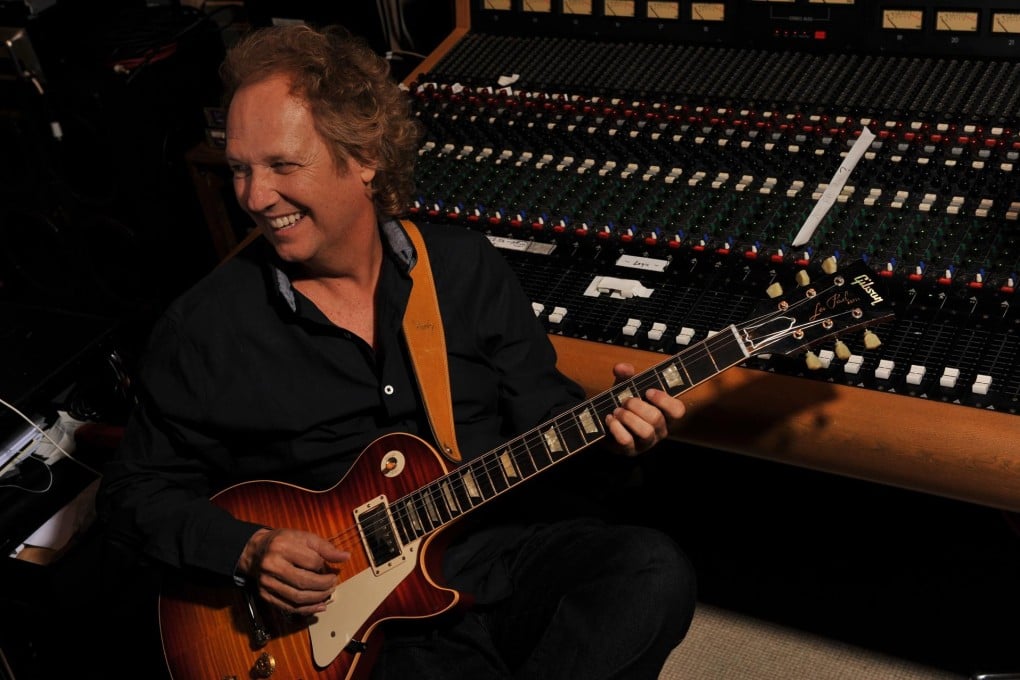Bluenotes: 'Rhythm Sessions' by Lee Ritenour and 'Esprit de Four' by Fourplay

Before Fourplay performed in Hong Kong back in 2006, I asked founder and keyboard player Bob James how the group had changed when guitarist Lee Ritenour left and Larry Carlton replaced him.
James' predictable response was that they were both great musicians with unique contributions to make, but went on to say he thought Ritenour had perhaps come to regret his decision to leave.
Maybe so, but despite the excellence of the musicians involved, Fourplay - now riding high in the Billboard jazz chart with their latest album, Esprit de Four on Heads Up - often seem to add up to less than the sum of their parts.

True, Esprit de Four is doing better in the Billboard chart than Ritenour's latest, Rhythm Sessions, but not by that much, and their original guitarist has made much the better of the two albums.
Rhythm Sessions, on Concord, seems to be a sequel to his last for the same label, 2010's 6 String Theory, which featured an all-star cast of guitarists who collectively covered a wide variety of styles.